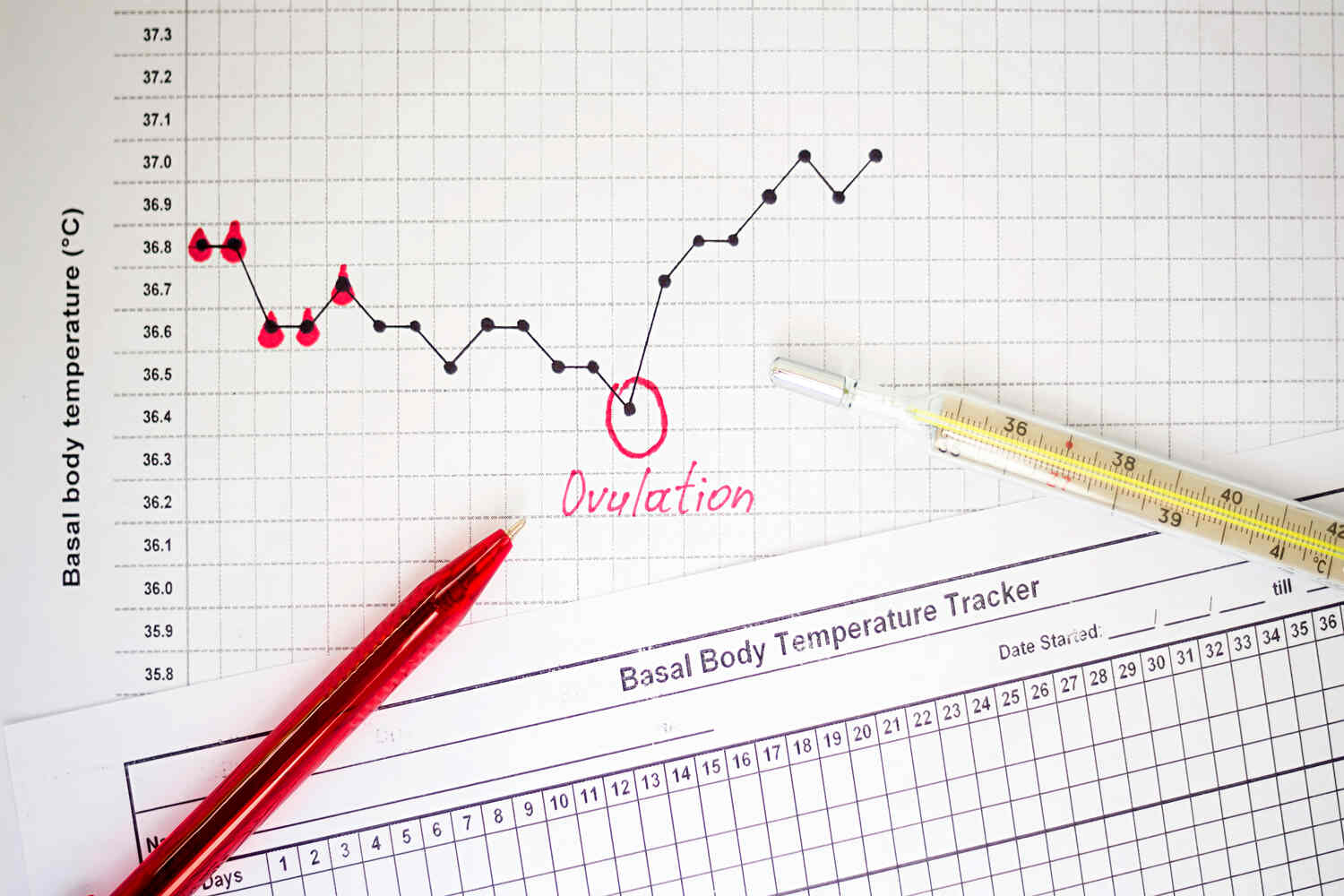
Spotting During Pregnancy or Periods
3 min readWritten by Editorial Team


Spotting during pregnancy can be very traumatizing for any woman, but one can be self-assured that this is absolutely common if it is not very intense. Spotting means light vaginal bleeding, which is in pinkish or brownish color much like the bleeding seen at the beginning or end of every normal menstrual cycle. But if the spotting is bright red color, then it can be considered as bleeding. Whether it is spotting or bleeding it can be distinguished by its quantity, if it’s only a few drops, then it is spotting, whereas if it possibly soaks a sanitary pad or panty liner it is bleeding
Most women experience spotting at some point, but it can be a little unnerving for women who are experiencing this for the first time in their life. A million questions may be running through their mind such as; is this how spotting look like, is it nothing to worry about or something more serious, and much more.
In This Article
- Facts To Know About Spotting
- Which Blood Is Normal-Dark or Pink Blood?
- Signs of Implantation
- Spotting On and Off May Be a Sign of Pregnancy
- Spotting Can Happen Mid-Cycle or During Ovulation
Facts To Know About Spotting
Here are five things that every woman should know about this common occurrence:
- Spotting is just light bleeding from the vagina. It’s similar to a period but will be much lighter. The color of the blood can vary from pink to brown.
- During the early weeks of pregnancy, a little spotting or bleeding is very common due to implantation. As many as one in five moms-to-be with an ongoing pregnancy will experience some sort of bleeding in the first trimester.
- A woman is slightly more likely to experience spotting if they conceived with the help of an IVF treatment, or any other similar fertility treatments.
- If two embryos were put into the uterus, one may stop developing and this may trigger some bleeding.
- Sometimes, spotting can be a sign of something more serious, such as a miscarriage and that is why it is always best to get it checked with the gynecologist at the earliest.
Which Blood Is Normal-Dark or Pink Blood?

If you are spotting and notice some dark brown or light pink blood, then it is perfectly normal. But red blood is a sign of complications in case of pregnancy and if not pregnant, then it is just the menstrual blood. Please note that If you are pregnant and notice red blood or spotting for a day or two continuously, you must consult with your doctor right away.
Signs of Implantation
If you have been having unprotected intercourse, the fertilized egg attaches itself to the uterine wall and may cause some bleeding. This is implantation. This is a sign of pregnancy because implantation occurs shortly after conception.
In this case, the spotting will be very light and the color will be pink or brown. You might have to wait until a day after the missed period to test for pregnancy.
Spotting On and Off May Be a Sign of Pregnancy
During the early stages of pregnancy, typically the first trimester, many women experience spotting on and off. If you are doubtful whether you are pregnant or not, confirm with your doctor. If you are pregnant with a test, discuss the spotting. In case the doctor confirms pregnancy, check the type of spotting – light red or brown blood is normal. But anything denser than a very light spotting is a cause for concern.
Spotting Can Happen Mid-Cycle or During Ovulation

Spotting can sometimes occur in the middle of your cycle or during ovulation. Bleeding during ovulation is typically dark brown in color, it is light and does not last more than 2 or 3 days. The reason behind this is sometimes because of birth control ways which cause slower than normal levels of the hormone.
The spotting is likely to be just the onset of periods if you are experiencing other PMS symptoms. Also, the spotting occurs just before your menstruation date.
So, the next time you experience spotting, ask yourself these questions to diagnose the cause;
- When had you first noticed the spotting?
- Are you pregnant?
- Notice any changes in your menstrual periods?
- Are you facing any other symptoms such as fatigue or rapid heart rate?
- Any medications you are taking?

Editorial Team,
With a rich experience in pregnancy and parenting, our team of experts create insightful, well-curated, and easy-to-read content for our to-be-parents and parents at all stages of parenting.Read more.
Responses (0)
Want curated content sharply tailored for your exact stage of parenting?
Related articles

Top 4 Panchakarma Therapies to Boost Fertility

What Are The Indications The Ovulation Has Ended?

Cramping After IUI – Causes, Symptoms and Tips to Manage It

Evening Primrose Oil For Fertility – Does it Help to Conceive, How to Take and Side Effects

Preconception Detox For Fertility- Safety, When to Consider and Side Effects

Male Sperm DNA Fragmentation Test – A Complete Guide
Sponsored content
Discover great local businesses around you for your kids.
Get regular updates, great recommendations and other right stuff at the right time.





